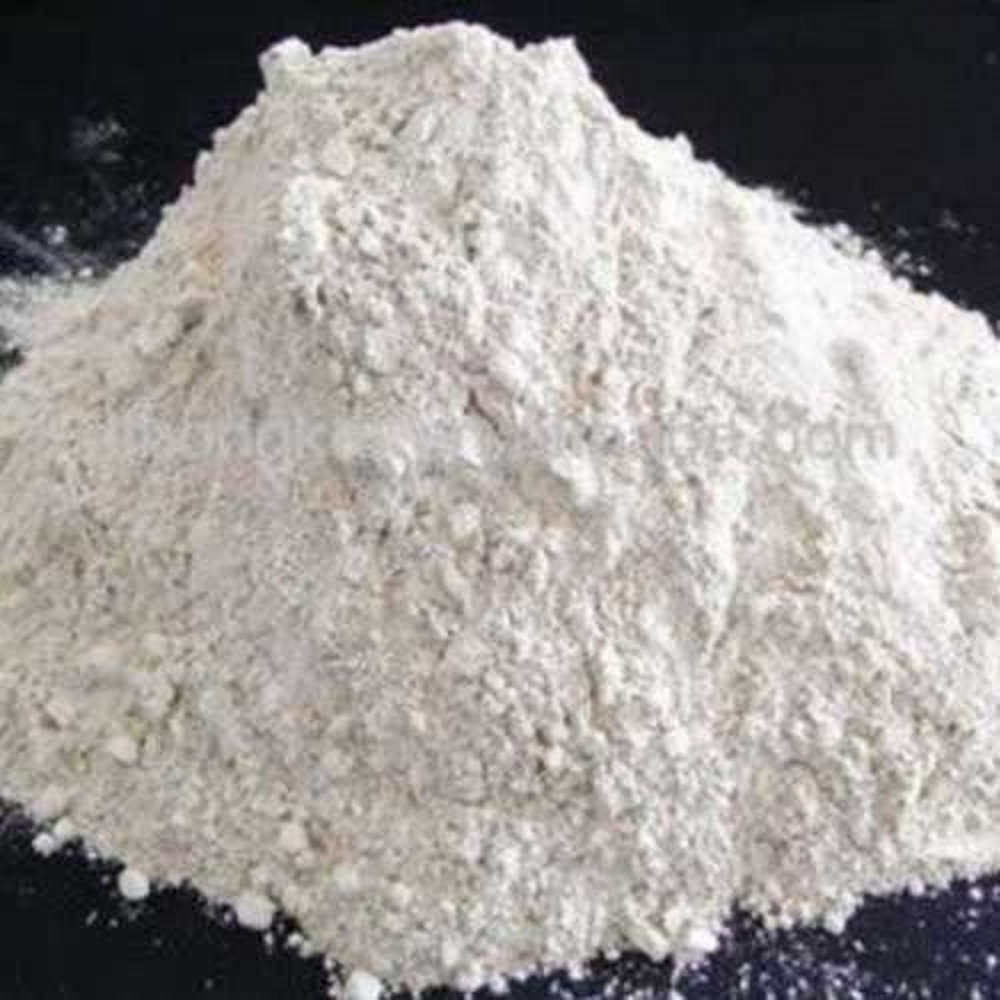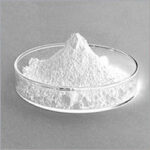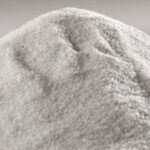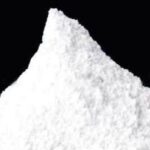Dolomite- 500M
We are the stalwarts in the domain of manufacturing, supplying, wholesaling, and exporting Dolomite- 500M These flavor grade chemicals are processed using pure and accurate ingredients that are procured from reliable and trusted vendors of the market. Our range is available in the market at leading prices in packs of different quantities.
Dolomite- 500M is a mineral that is primarily composed of calcium magnesium carbonate (CaMg(CO3)2). It is a versatile substance that finds several applications in agriculture due to its ability to modify soil pH and provide essential nutrients to plants.
Dolomite with a particle size of 500 mesh (about 25 micrometers) is often used in agriculture.
Here are some of its uses and applications:
Soil pH Adjustment: Dolomite is primarily used to raise the pH of acidic soils. Acidic soils can hinder plant growth because they make essential nutrients less available to plants. Dolomite acts as a pH buffer, helping to maintain a more neutral or slightly alkaline pH level in the soil, which is suitable for many crops.
Magnesium and Calcium Source: Dolomite is an excellent source of magnesium and calcium, both of which are essential nutrients for plant growth. Magnesium is a component of chlorophyll, necessary for photosynthesis, and calcium is important for cell structure and nutrient uptake. Dolomite provides these nutrients in a form that is readily available to plants.
Nutrient Balance: In addition to magnesium and calcium, dolomite also contains trace elements like iron and manganese. These trace elements can help balance nutrient availability in the soil and contribute to overall plant health.
Enhanced Fertilizer Efficiency: When used in conjunction with fertilizers, dolomite can enhance the efficiency of nutrient uptake by plants. It helps prevent nutrient imbalances that can occur in soils with extreme pH levels.
Improved Crop Yields: By maintaining proper pH levels and supplying essential nutrients, dolomite can lead to increased crop yields and improved crop quality. It is commonly used in fields where crops like wheat, corn, soybeans, and potatoes are grown.
Reduced Aluminum Toxicity: In acidic soils, aluminum can become toxic to plants. Dolomite’s ability to raise soil pH can reduce aluminum toxicity, making it more suitable for plant growth.
Cultural Practices: Dolomite can also be used as a component in potting mixes and container gardening to maintain the appropriate pH for potted plants.
Livestock Feed Supplements: Dolomite can be added to livestock feed as a calcium and magnesium supplement. These minerals are essential for the health and development of animals.
Aquaculture: In aquaculture, dolomite can be used to adjust the pH of water in fish tanks or ponds to create a more favorable environment for aquatic organisms.
It’s important to note that while dolomite can be a valuable tool in agriculture, its use should be based on soil tests and recommendations from agricultural experts to ensure that it is applied correctly and does not lead to over-liming or other issues. Overapplication of dolomite can result in soil pH levels that are too high, which can be detrimental to some crops.






